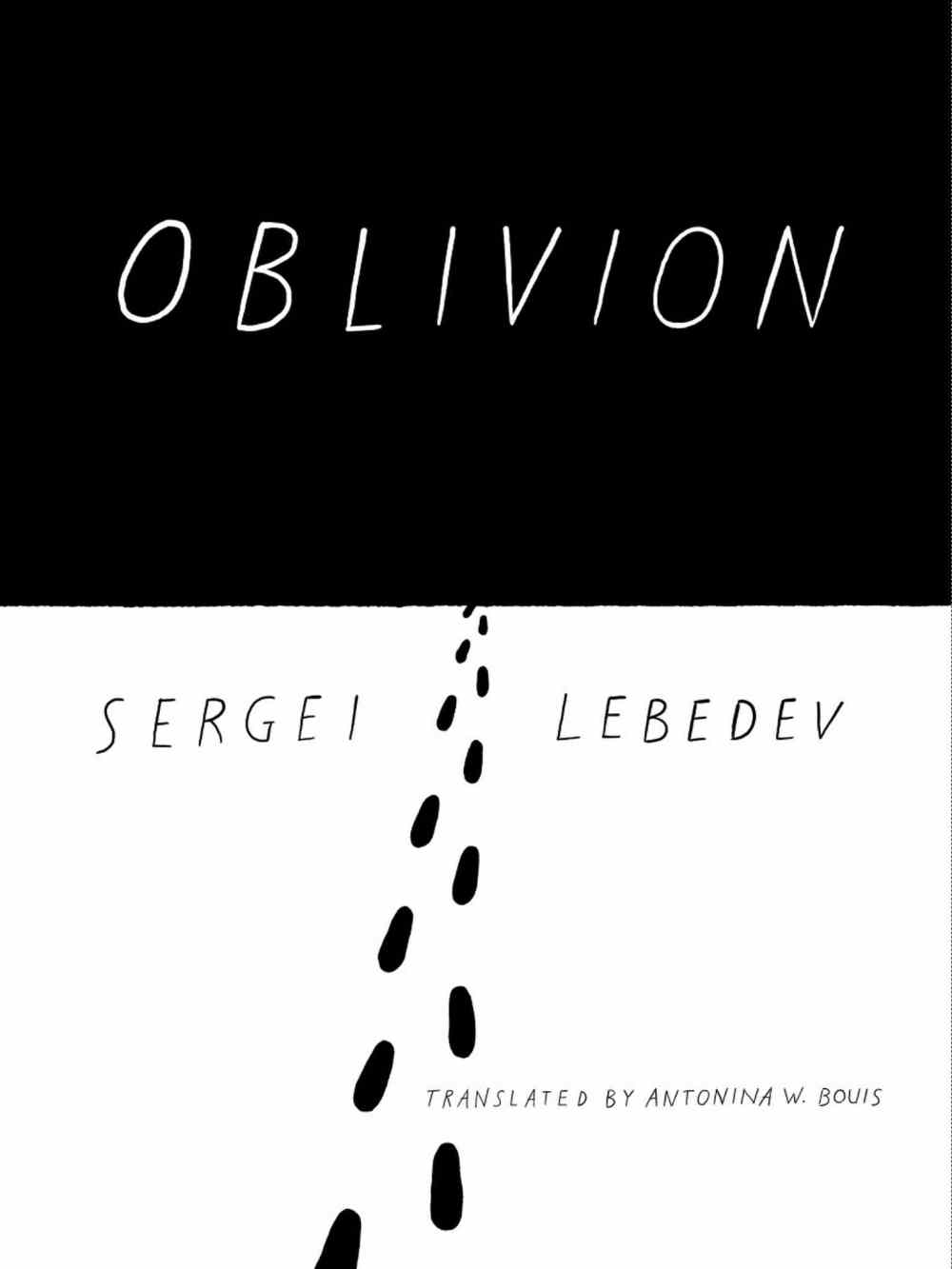Dark, beautiful debut novel traces letters to Russian prison camps
Advertisement
Read this article for free:
or
Already have an account? Log in here »
To continue reading, please subscribe:
Monthly Digital Subscription
$0 for the first 4 weeks*
- Enjoy unlimited reading on winnipegfreepress.com
- Read the E-Edition, our digital replica newspaper
- Access News Break, our award-winning app
- Play interactive puzzles
*No charge for 4 weeks then price increases to the regular rate of $19.00 plus GST every four weeks. Offer available to new and qualified returning subscribers only. Cancel any time.
Monthly Digital Subscription
$4.75/week*
- Enjoy unlimited reading on winnipegfreepress.com
- Read the E-Edition, our digital replica newspaper
- Access News Break, our award-winning app
- Play interactive puzzles
*Billed as $19 plus GST every four weeks. Cancel any time.
To continue reading, please subscribe:
Add Free Press access to your Brandon Sun subscription for only an additional
$1 for the first 4 weeks*
*Your next subscription payment will increase by $1.00 and you will be charged $16.99 plus GST for four weeks. After four weeks, your payment will increase to $23.99 plus GST every four weeks.
Read unlimited articles for free today:
or
Already have an account? Log in here »
Hey there, time traveller!
This article was published 23/01/2016 (3573 days ago), so information in it may no longer be current.
This first novel by Russian poet, essayist and journalist Sergei Lebedev takes a strikingly dark, detailed look at the past and present of the Soviet system of prison camps — the oblivion of the title.
The intense and beautifully written book, first published in Russian in 2011, was translated by Antonina W. Bouis.
The unnamed narrator, moving from boyhood to adulthood, spans the present and past of the appalling, deadly labour camps where prisoners (euphemistically called settlers) are transported to serve their unrealistically harsh sentences and feed the Soviet economic machinery with back-breaking and often fatal work.

That train ride to the far north of the Soviet empire, the home of the gulags brought to stark life in the novels of Alexander Solzhenitsyn, was indeed the route to oblivion, the state of being forgotten or disregarded.
The narrator undertakes that journey in an attempt to find out more about the life of Grandfather II, a kind of adopted grandparent to whom he owes his life twice over.
Before he was born, his parents contemplated an abortion because doctors feared for his mother’s life; Grandfather II convinced them to have the child. Later, the old man saved the boy from a dog attack and was the donor for a life-saving blood transfusion, one that caused his own death.
The boy had mixed feelings for the old man, unsure of whether Grandfather II’s attention was based on real concern for him or was just a means of manipulation.
“Now I think that he did not plan to die, counting on his good health; if he had lived, having saved my life, I would have belonged to him totally, by right of the blood in my veins; he took a risk and he would have won, but something happened that he could not have imagined,” the narrator realizes as a young man.
When the old man dies, he leaves his apartment to his housekeeper until her death, at which time its ownership is transferred to the boy, now a young man working on geological surveys of the north.
He doesn’t want the apartment, but as he goes through it searching for clues to the past of a man who was sparing with details of his early life, he finds letters to Grandfather II from a friend in the northern settlement, and decides to make the trek in search of the old man’s history.
He rides the train on the same route taken by the “settlers” — albeit in a passenger car rather than stuffed into a cattle car — armed with only a name and return address.
Lebedev uses the remnants of the settlement, the ruins of the mine and the memories of the survivors to illustrate the horrors of the forced labour camp.
“Slave labour, the lifeblood of the place, was anachronistic in the twentieth century; an anachronism only perpetuates itself, it always falls out of its time and does not participate in it, no matter how active the imitation of participation may be,” the narrator observes when he sees the remnants of the camp barracks, the heaps of waste from the mine, the general malaise of an operation from a different, darker time.
“But besides the time gap there was also a spatial gap. I understood why they exiled people to the taiga, the tundra: they were crossed out of the general existence of humans, exiled from history, and their death took place in geography, not in history.”
The revelations gleaned from a desolate, former camp — such as that Grandfather II was the camp warden, and the jailers liked having mental patients as slave labour because they were content to do back-breaking work — are as potent as contemporaneous accounts.
In fact, they are more potent in a sense with the knowledge the camps and their victims are being forgotten, disregarded and passing into oblivion.
Chris Smith is a Winnipeg writer.

